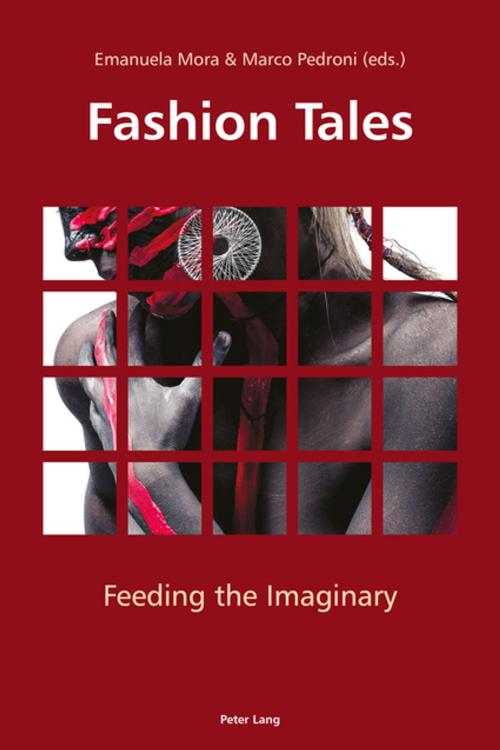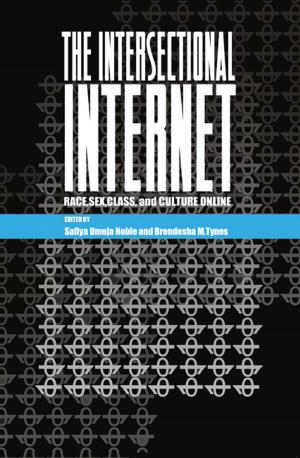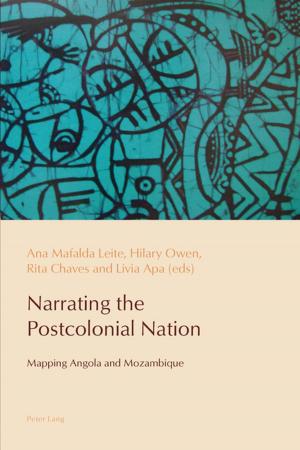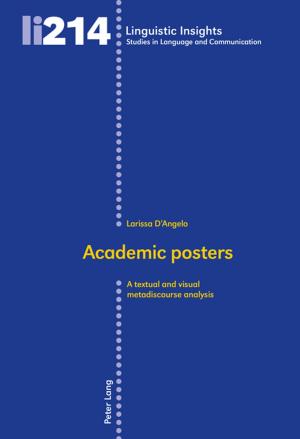Fashion Tales
Feeding the Imaginary
Nonfiction, Social & Cultural Studies, Social Science, Cultural Studies, Customs & Traditions, Ethnic Studies, Anthropology| Author: | ISBN: | 9783034327893 | |
| Publisher: | Peter Lang | Publication: | June 29, 2017 |
| Imprint: | Peter Lang AG, Internationaler Verlag der Wissenschaften | Language: | English |
| Author: | |
| ISBN: | 9783034327893 |
| Publisher: | Peter Lang |
| Publication: | June 29, 2017 |
| Imprint: | Peter Lang AG, Internationaler Verlag der Wissenschaften |
| Language: | English |
Since its beginnings in the middle of the 19th century, fashion has been narrated through multiple media, both visual and verbal, and for such different purposes as marketing and advertising, art, costume history, social research and cultural dissemination. In this light, fashion has represented an important piece of material culture in modern industrial urban societies and in postcolonial and non-western contexts. Today, we are witnessing a turn in this imaginary as issues related to social, environmental and cultural sustainability come to predominate in many areas of human activity.
The book addresses this challenge. By facilitating encounters between disciplines and cultures, it explores a multitude of fashion issues, practices and views that feed the contemporary fashion imaginary: local cultures, linguistic codes, TV series, movies, magazines, ads, blogs, bodily practices. The book deals with a paramount issue for fashion studies: how do the production and circulation of fashion imaginary come about in the 21st century?
Since its beginnings in the middle of the 19th century, fashion has been narrated through multiple media, both visual and verbal, and for such different purposes as marketing and advertising, art, costume history, social research and cultural dissemination. In this light, fashion has represented an important piece of material culture in modern industrial urban societies and in postcolonial and non-western contexts. Today, we are witnessing a turn in this imaginary as issues related to social, environmental and cultural sustainability come to predominate in many areas of human activity.
The book addresses this challenge. By facilitating encounters between disciplines and cultures, it explores a multitude of fashion issues, practices and views that feed the contemporary fashion imaginary: local cultures, linguistic codes, TV series, movies, magazines, ads, blogs, bodily practices. The book deals with a paramount issue for fashion studies: how do the production and circulation of fashion imaginary come about in the 21st century?















